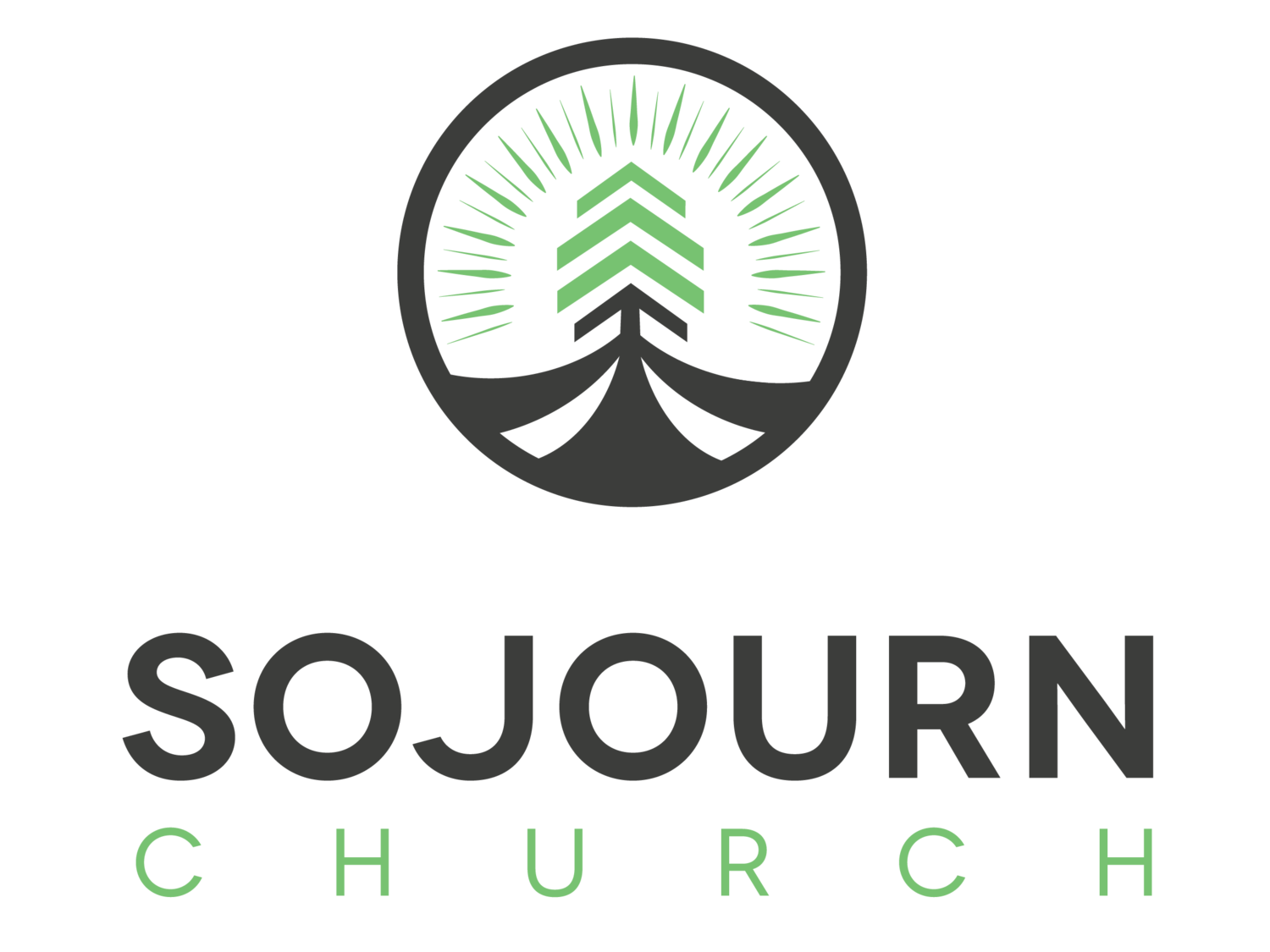It is the quintessential spiritual discipline.
If you want to worship rightly, you need to be in the Word. If you want to pray rightly, you need the Word in you. If you want to live the God-glorifying, Jesus-honoring, in-the-Spirit life you are promised, you need the Word’s truth.
That’s why we encourage you, this year and every year, to devote yourself to the disciplined reading of the Bible, which is God’s True Word.
This page’s daily updates will be on pause in 2025, but its archive of devotional thoughts—covering the scope of the Bible’s message—remains available here. You will also find links to approachable reading plans, so that you can begin a refreshed practice of personal time in the Scriptures (and, bonus, these plans largely line up with the content you will find in the archive).
Finally, if you’d like daily friendship and accountability, add me on the Bible App, where I personally read (and pray for my connections).
See you in the Word in 2025!
— Tyler
